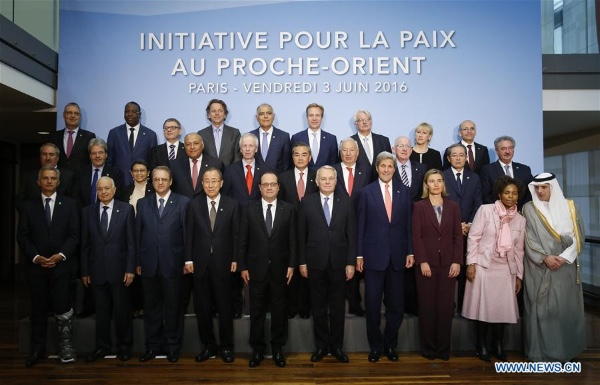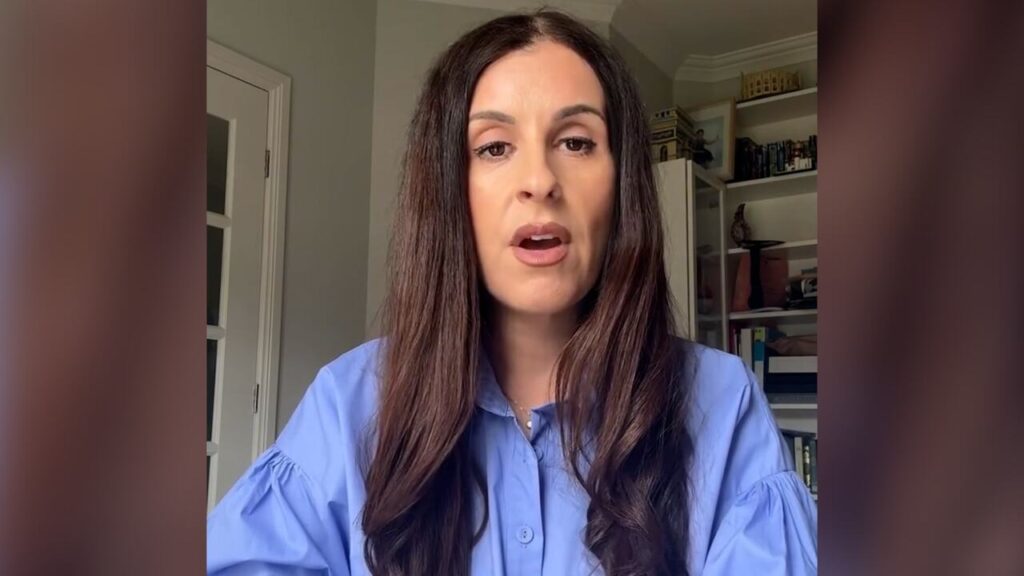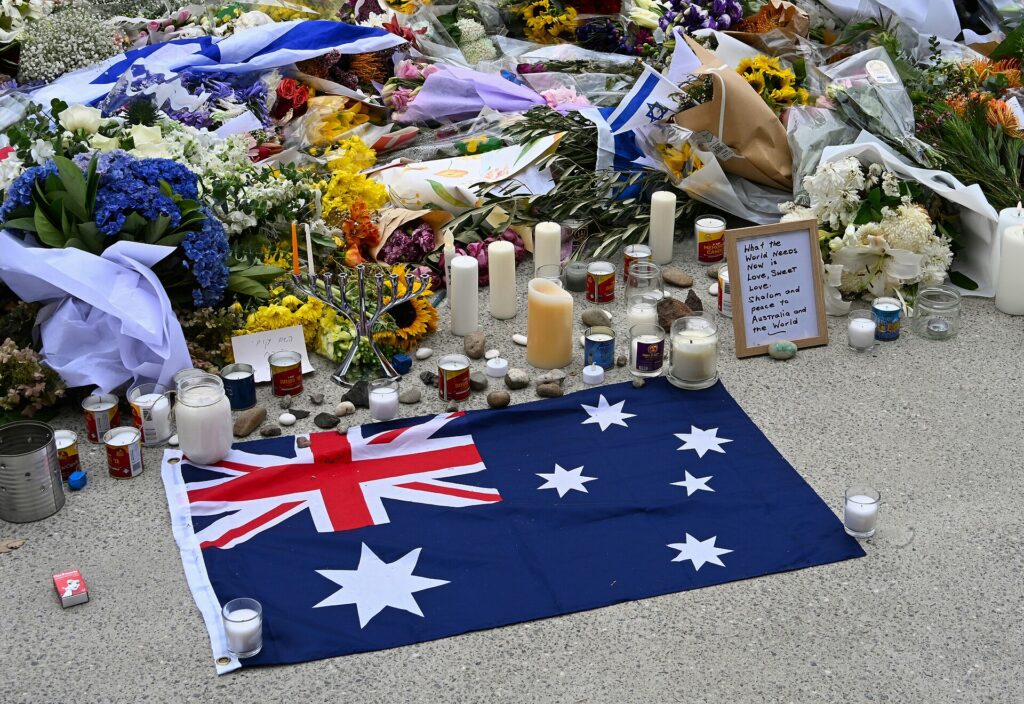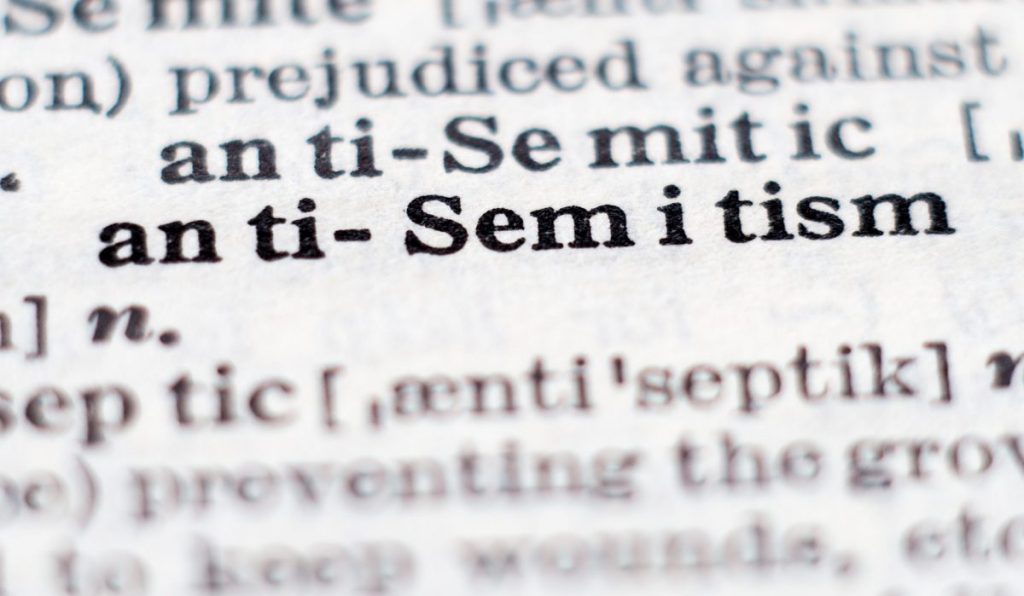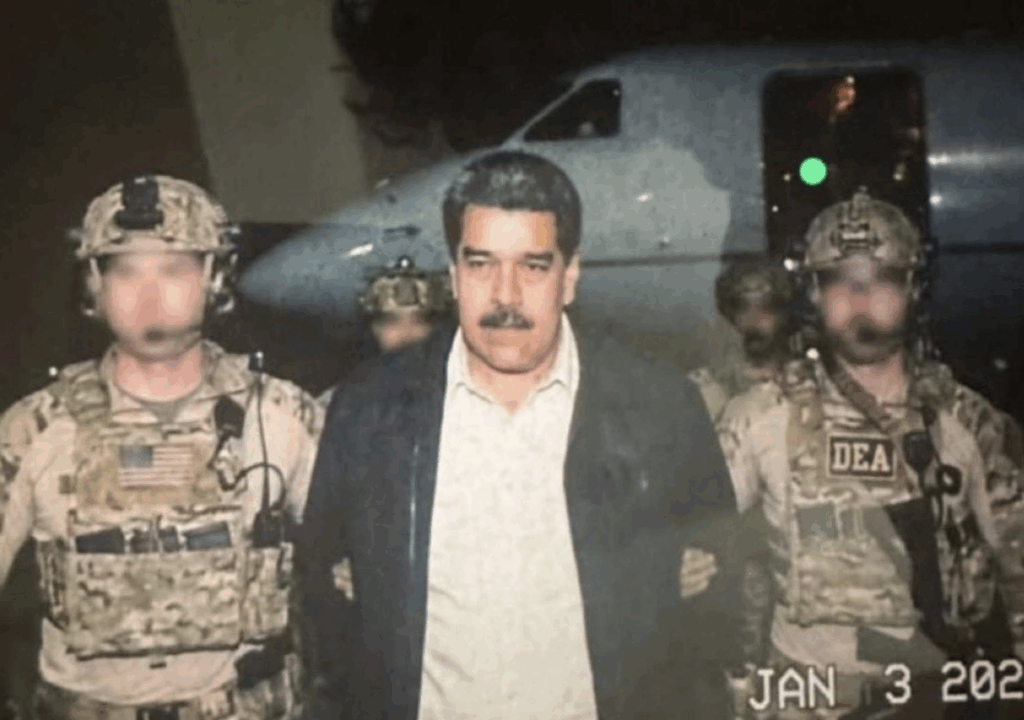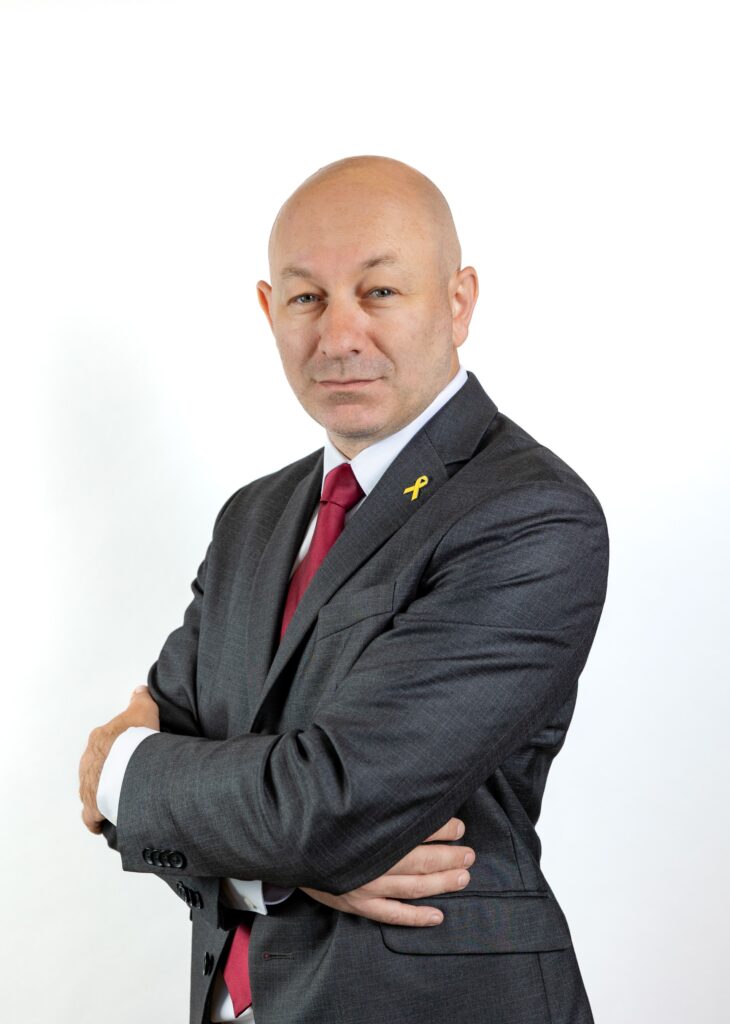Article 3
Hamas Is Ready for War with Israel
The Gaza Strip may still lie in rubble, but Hamas operatives are convinced that they are ready for another battle
By David Patrikarakos
Foreign Affairs, June 7, 2016

Gaza City, GAZA — The first thing you notice about Gaza: the donkeys. Attached to carts invariably driven by middle-aged men, they weave in and out of traffic, hauling fruits and vegetables through the city center.
Gaza still bears the scars of the 2014 war between Hamas and Israel. The 51-day conflict resulted in the deaths of 2,300 Gazans, with 10,000 others wounded; 66 Israeli soldiers and six Israeli civilians also lost their lives. Gaza’s infrastructure was decimated: A recent U.N. report stated that only 17 percent of the 18,000 homes destroyed during the conflict have been repaired, and an estimated 75,000 Gazans remain displaced.
Tensions are once again high in the strip. On April 18, a bomb exploded on a Jerusalem bus, injuring 21 people — the first attack of this type since the Second Intifada ended 10 years ago. The Palestinian group in control of Gaza, Hamas, admitted that the culprit, Abd al-Hamid Abu Srour, was a member of its organization.
Shortly after the explosion, Israeli security services discovered a 120-foot-deep tunnel running from Gaza to Israel. The tunnels are of particular concern to Israel — it was by using a similar cross-border tunnel that Hamas fighters were able to kidnap Israel Defense Forces soldier Gilad Shalit in 2006, and which Hamas used to hide weaponry and militants during the most recent war.
The Israeli government responded in no uncertain terms. “If Hamas tries to challenge the State of Israel, or disrupt the lives of Gaza border residents, it will be hit very hard. We will not tolerate such attempts,” said Defense Minister Moshe Ya’alon, who recently stepped down amid a political reshuffling. The new defense minister, Avigdor Liberman, is even more hawkish, arguing in April that Israel should kill Hamas leader Ismail Haniyeh if the Islamist group did not immediately return the bodies of two Israelis killed during the 2014 war.
Gazans are fearful that another war looms on the horizon. I wanted to know if Hamas members felt the same. My fixer Mahmoud and I went to find out, driving through Gaza City and eventually arriving in a narrow street, where a man in robes greeted us. This is “Mostafa,”* a senior advisor to a Hamas minister.
He opened a tall, metal door and ushered us inside. We took a seat inside a large room with just two sofas furnishing the entire space.
“What is happening in Jerusalem is a normal reaction to what is happening in the West Bank — the arrests of people day and night, killing people day and night, the burning of children,” he said.
This is the so-called stabbing Intifada, which began late last year. Lone Palestinians have attacked Israeli civilians with knives or scissors, or run them over with cars. Thirty Israelis have been killed, with 443 wounded; 216 Palestinians have been slain in response. So far it was been confined to Jerusalem and parts of the West Bank, but many fear it could be the beginning of a larger wave of violence.
The Fatah movement officially rules in the West Bank, but Mostafa was not willing to cede responsibility for the territory to its Palestinian rival.
“There are a lot of people from Hamas in the West Bank — Fatah is trying to kill or erase them, but Hamas exists everywhere,” Mostafa said. “The Hamas West Bank leaders, [men] like Yahya Ayyash [a Hamas bomb-maker killed by the Israelis in 1996], are professionals when it comes to exploding buses. No one can forget Hamas operations in the West Bank. We are everywhere.”
Mostafa wasn’t coy when I asked him if Hamas is preparing for another war. “The military is training,” he said. “We control all the security in the strip, and we are hidden, so I am sure Israel has few obvious military targets. If they start a war, thousands of civilians will die.”
I wanted to understand what he thinks of the Israelis as an enemy. When I asked him, he pointed to a photo of a man dressed in a kuffiyah on the wall opposite us. “They killed my brother. What do you think I think of them?”
I made myself clearer: As an enemy, I continued, do you respect them?
He smiled and motioned again to the poster of his dead brother. “They are a very weak enemy,” he says. “Our al-Qassam soldiers hear them shouting in fear when they attack. War is about how religious you are — the al-Qassam soldier knows he is going to heaven so he fights to the end. The Israeli soldier wants to go back to his girlfriend.”
Near the center of Gaza City stands a monument: a rocket belonging to the Izzedine al-Qassam Brigades, the military wing of Hamas. It points in the direction of Israel.
But despite the recurring wars with Israel in the past decade and the devastation they have wrought, my fixer Mahmoud contended, Hamas’s dominance in the strip is as strong as ever.
“Ten years ago, if we had walked down a street in central Gaza at night someone would have come up to us, put a gun to our head and demanded all our money — and we would have given it,” he told me. “With Hamas in power, that changed. Order has been brought to Gaza.”
As we drove through Gaza, Hamas police were everywhere — occasionally checking vehicles, thoroughly but not aggressively. The strip was calm. As we entered the port, Mahmoud pointed out what he said were a couple of Qassam Brigade soldiers standing by the side of the road, automatic machine guns at the ready.
“What you have to understand is that every 200 meters along the strip there is a Hamas operative watching over his particular patch,” Mahmoud said. “If there is something out of the ordinary he will report and action will be taken it. They are in total control.”
But Hamas isn’t the only armed group in Gaza. Palestinian Islamic Jihad (PIJ) is, if anything, a more extreme organization. Founded in 1981, like Hamas it seeks the total destruction of Israel — and it also will not countenance a long-term cease-fire with Israel, which Hamas has offered on several occasions (albeit with difficult terms for Israel to accept).
The day after my meeting with Mostafa, Mahmoud and I drove out of Gaza City early in the morning. We went to meet “Yasser,”* a PIJ fighter who lives in the Nuseirat refugee camp, a cramped maze of alleyways housing 60,000 people that lies roughly three miles northeast of Gaza City.
PIJ is largely funded by Iran, which makes it unique among Sunni militant groups. The group claims to have 8,000 fighters in its ranks. Its relationship with Hamas is often strained: Hamas has struggled to rein in PIJ rocket attacks against Israel. Last month, Israel accused PIJ of firing rockets into the country from Syria at Iran’s behest.
Yasser greeted us in camouflage uniform, carrying an AK-47. He was all smiles and offered us coffee and a Palestinian version of a Kit-Kat bar.
“The Prophet Mohammad teaches us that the Jews don’t keep their promises and they never tell the truth,” he said. “So I can never envisage living side by side with them. My original village is near Ashkelon [a city in southern Israel], so I am fighting to return to the land my grandfather was kicked out of.”
In Yasser, one sees both the tragedy and the intractability of the Israeli-Palestinian conflict. He claims to come from Ashkelon, a place he has never been and will almost certainly never go. Meanwhile, an Israeli baby born there today could have parents, grandparents, and even great-grandparents born in Ashkelon after the State of Israel was founded. Can he not see their sense of belonging, too?
He replied almost instantly. “They know it’s not their land. These days people are emigrating from Israel because they know the people fighting them are fighting for their land. And we will win.”
Yasser might dream of the day he wins a total victory over Israel, but in the here and now, life in Gaza is tough. The strip cannot sustain electricity for 24 hours a day, and blackouts are frequent. Israel announced on April 4 that it would suspend private cement imports into Gaza, arguing that a substantial proportion was being diverted for use by Hamas, prompting the United Nations to warn that the policy was slowing reconstruction of the territory.
Many Gazans are tired of this destruction and bloodshed. Most of the Gaza residents with whom I spoke just wanted to live normally, free from war. Hamas and PIJ call the shots in Gaza, however, and insist they are ready to fight to the bitter end.
“We as a population don’t want a war,” Yasser said. “We just want them to leave us alone and leave. The Israelis thought we would give up the land easily. We kicked them out of Gaza, and we will kick them out from the rest of Palestine.”
* Names have been changed at the request of interviewees.
BACK TO TOP |
